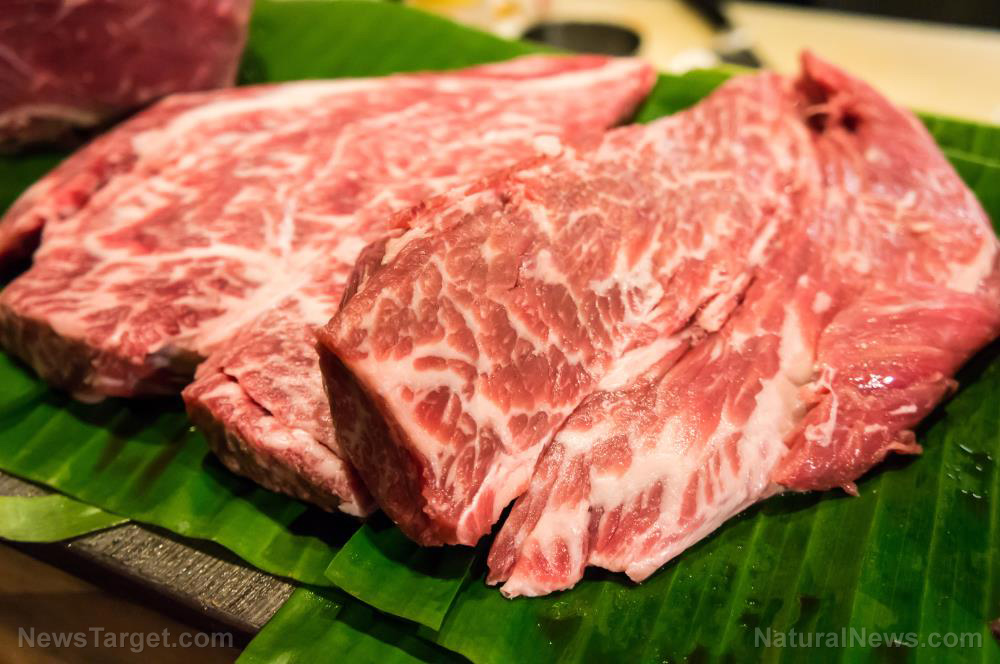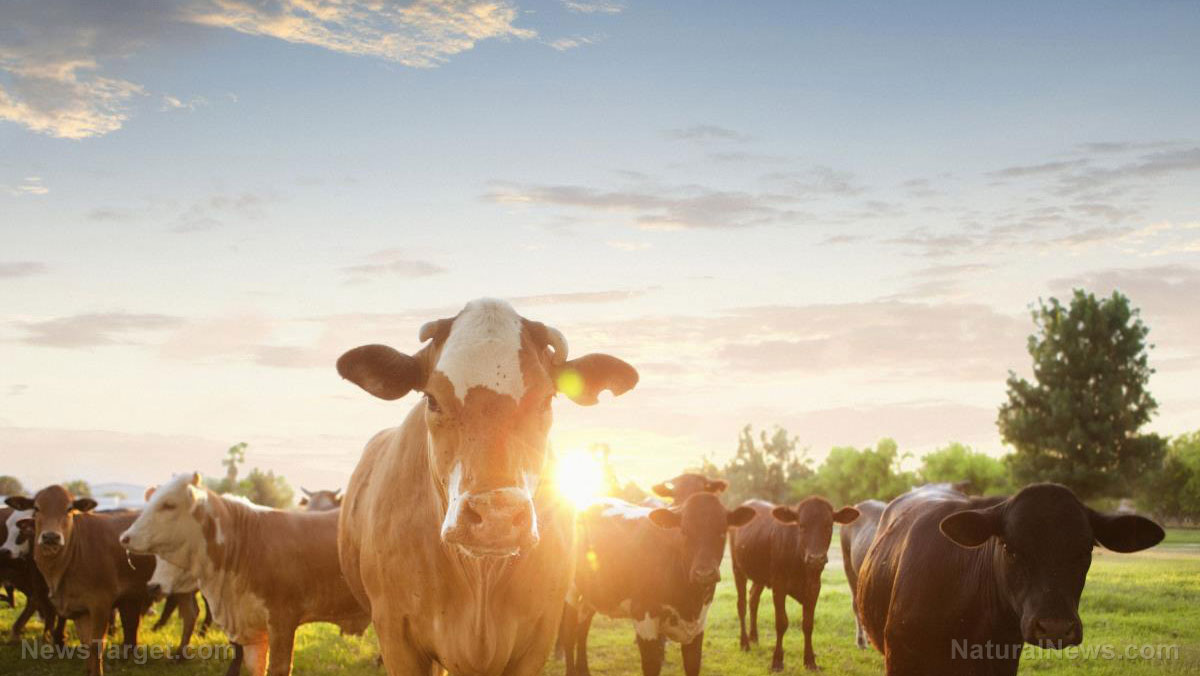
Food prices are soaring because “monopolies are driving up the price you pay for food” and “slowly killing rural America.”
(Article by Suzanne Burdick, Ph.D. republished from ChildrensHealthDefense.org)
In a short video posted last week, Robert Reich — author, lawyer, former U.S. secretary of labor and co-founder of Inequality Media — summed up how a few industrial meat producers gained a monopolistic foothold in the U.S.
Reich also explained how monopolies hurt farmers and consumers — and how to fix the problem.
Four corporations dominate the U.S. meatpacking industry: Tyson Foods, Cargill, National Beef Packing Company and JBS Foods, reported WBUR (Boston’s National Public Radio station) in February.
In a special series about monopolies in America, WBUR reported that in 1977, the “Big Four,” as they’re commonly called, owned only 25% of the market.
Many mergers later, they control 85% of all beef packing in America.
Reich provided a breakdown by type of meat, showing the “Big Four” control 85% of the beef market, 66% of the pork market and 54% of the poultry market.
The result, Reich said, is:
- Lower pay for farmers.
- Bigger profits for monopolies.
- “Higher prices for you, the consumer.”
Monopolists control nearly every part of the food production process, from selling feed to farmers to packing the meat and poultry for supermarkets, Reich explained.
“Farmers are essentially forced to buy from and sell to monopolies at whatever price the corporation wants — often taking on crushing debt to do so,” he said.
In 1980, 62 cents of every dollar consumers spent on beef went to ranchers, Reich said. Today, that’s down to only 37 cents, because most of the profits are “going into the pockets of the monopolists.”
In 1980, 62 cents of every dollar spent on beef went to ranchers. Today, only 37 cents do.
During COVID, beef prices rose by nearly 16%. Meanwhile, the 4 biggest beef companies’ profits rose more than 300%.
The meat monopoly is nothing short of a nationwide crisis. pic.twitter.com/9yAfJA5HdN
— Robert Reich (@RBReich) July 15, 2022
“And here’s the kicker,” Reich added, “Even though farmers are getting squeezed, the ag monopolists are also charging you [the consumer] higher prices.”
During the COVID-19 pandemic when consumer beef prices rose nearly 16%, the profits of the four biggest beef companies rose more than 300%, according to Reich.
“You have cattle ranchers going broke while consumers are paying all-time record prices for beef,” Bill Bullard, head of the Ranchers-Cattlemen Action Legal Fund, told WBUR.
What’s the solution?
“We need to break up Big Ag,” Reich said.
Watch the video here:
The views and opinions expressed in this article are those of the authors and do not necessarily reflect the views of Children's Health Defense.
Read more at: ChildrensHealthDefense.org
Please contact us for more information.





















